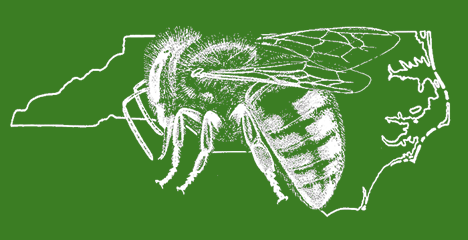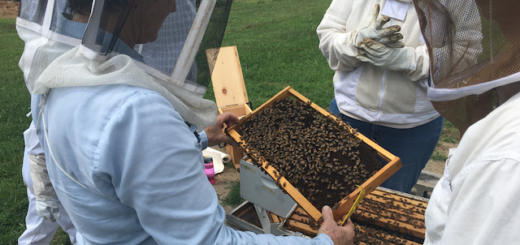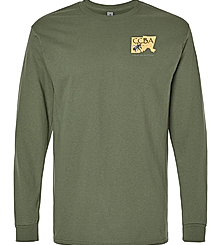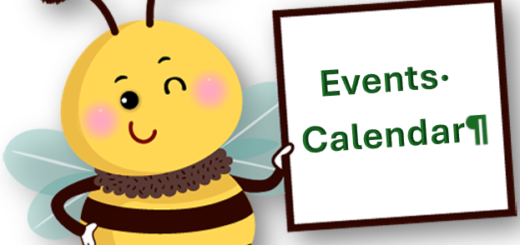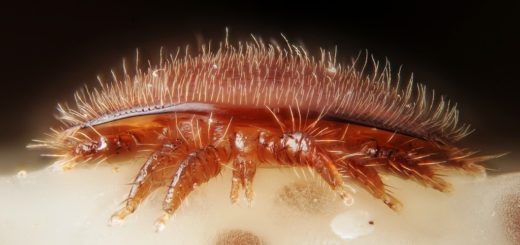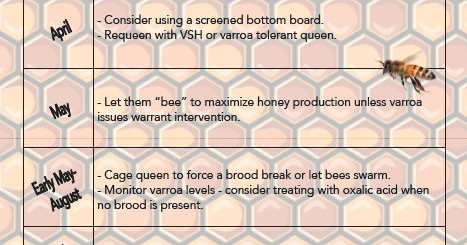Interview with Tara Lynne
 Tara Lynne Groth is CCBA’s 2021 President, and she has graciously answered my interview questions to launch this column I’ve been wanting to start since last winter.
Tara Lynne Groth is CCBA’s 2021 President, and she has graciously answered my interview questions to launch this column I’ve been wanting to start since last winter.
How long have you been keeping bees?
I’ve been keeping bees since 2017.
Tell me about what drew you to the idea of beekeeping?
A friend’s dad keeps bees. Our friend was talking about the social order of honey bee colonies and it sounded interesting. Around that time enrollment opened for the 2017 Chatham County Beekeeping School and I decided to take the classes and learn more. I had no intention of getting bees until the very last class and something just clicked and I knew I needed to get a hive.
Describe the day you got your first package, nuc, or full hive?
The day I got my first hive, June 1, 2017, Pat Weisbrodt dropped it off and my mentor Thorne Martin came by to help set it up. Pat was selling hives on behalf of one of her clients and I bought a two-medium hive with a year-old queen.
Do you name your queens and/or colonies? If so, share the names and how you came up with them.
I name my queens and I number each hive stand for recordkeeping purposes. Queen naming came about because I wanted a way to easily refer to colonies and make lineage charts to track descendants. I use the alphabet and I only name mated queens. Sometimes I let friends or family pick the name. I was on the phone with my sister while inspecting a hive one day and saw a new queen from a split for the first time, so I let her name that one. When I got to “I” in the alphabet, I named that queen after Thorne’s granddaughter, Ivy. Then when I split Queen Ivy’s hive, human Ivy named the next queen.
Tell me about your current hives, including hive style and apiary set-up.
My current hives are all Langstroth and I have finally cycled out all deep frames. I’m operating 100% on mediums, which are much easier to lift. I also like having all the frames the same size in case a hive needs extra frames or space. Some hives are set up on cinderblock stands and others sit on a wooden hive bench my husband made for me.
What is your favorite thing about keeping bees?
My favorite thing about keeping bees is that it’s a full sensory experience: There’s always something to learn, the sweet aromas from the hives each season, the stained glass patterns of pollen, the honey notes that change each year, and how you start to learn the nuances in a colony’s sounds.
How would you describe your beekeeping philosophy?
I focus all my efforts on hive health. In this way, I hope that healthy bees will be resilient enough to deal with the pressures all honey bees face.
Tell me your favorite beekeeping story.
My favorite beekeeping moment so far was catching my first swarm. Fortunately, I was home at the time it happened and, equally fortunate, my neighbor was home and in her yard at the time too. She called me to tell me they were swarming. I felt very prepared and lucky. We had just come home from a long weekend in the mountains. While we were away I had read 3 books on beekeeping and swarm catching. I already had extra equipment ready for whenever the time came. In the moment it felt like a movie scene of a pregnant woman grabbing her go-bag to head to the hospital for delivery. My neighbors and husband watched—and my husband photographed—while I captured the swarm from a dogwood tree. Once they were settled in their new hive and set up on their hive stand, I sat down on a bench under a holly tree to rest. Just as I took a deep breath, another hive started to swarm and gathered on the trunk of the holly tree above my head.
What was your experience with bees as a child? Any memories that come to you as you think about it?
As a child, and as an adult pre-beekeeping, I’ve had a fear of bees. In the fifth grade I was playing in the street with my sister and I HEARD a bee nearby and started running to the house in fear. I tripped and fell and cut open both knees, my hand, elbow, and chin. When I went to school the next day everyone asked what happened. I started to talk about the bee and they all thought I had been stung, but I had to explain it was just me running away from a bee! I still have scars from it.
Is there a beekeeper or mentor who has inspired you on your beekeeping journey? Feel free to share anecdotes and/or appreciation.
My beekeeping mentor is Thorne Martin. Thorne is so generous with his time and is always ready to help. Beyond bees, he’s got a deep appreciation for wildlife. He invited us over to see ducklings that hatched in a wood duck nest box he set up. He’s also added tons of nectar-bearing trees, berry bushes, and flowers to his property. I’ve never seen more daffodils in one place than the ones he planted. I like to garden—but I can’t keep up!
Any advice for a brand new beekeeper?
My advice for new beekeepers is to keep notes about their hives. It’s helpful to learn what to expect when I look back to see what my hives were doing this time last year, the year before, etc. A few things I wish I had started recording in my first year are the time of day of my inspections, and the weather and temperature. Comparing October 1 of one year to October 1 of another may be a moot point if we get an early frost or a hurricane. The extra details about the weather help. Keeping notes the first year may not seem valuable, but you’ll be glad you did.
Thank you, Tara Lynne! I am looking forward to working with you over the coming year on the CCBA board.
— Billie Hinton, Secretary, CCBA Board of Directors

